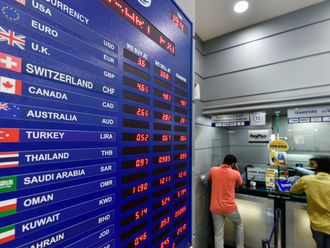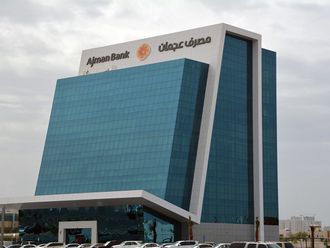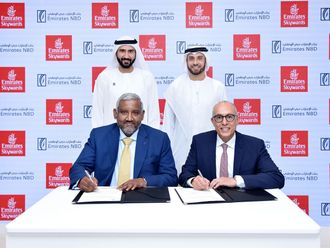Dubai: The UAE is set to cross $262 billion (Dh962 billion) worth of Sharia-compliant assets by 2019, according to a report from Ernst & Young.
The industry was estimated to be worth $127 billion in 2014, thus making it the third largest Islamic banking market by value, after the Saudi Arabian and Malaysian markets, EY said in its World Islamic Banking Competitiveness (WIBC) report released yesterday.
“Islamic banks in the UAE, also known as participation banks, are eyeing revenue growth through experience-led transformation of their domestic business. Stronger capital position is also driving their international expansion,” Ashar Nazim, Global Islamic Finance Leader at EY, said.
“Initiatives in mobile payments are likely to cause positive disruption to banks’ traditional operating models. Looking at the positive performance of Islamic banks in the UAE, the country is expected to be one of the main markets that drive the future internationalisation of the Islamic banking industry,” Nazim added.
Sharia-compliant assets in the UAE crossed the $100 billion milestone for the first time. Islamic banking penetration in the UAE currently stands at 21.4 per cent and represents a 14.6 per cent share of the global market. The industry in the UAE is growing at more than twice the rate of conventional banking. Due to high demand, there is increased pressure on efficiency as more Islamic banks attempt to go mainstream, according to EY’s report.
Positive feedback
The study found out that banking clients were most satisfied with customer service, where positive comments on social media outnumbered negative comments by more than 5 per cent. Half of all the positive sentiments monitored were around customer service levels and complaint handling, it said.
Customer feelings were mixed with respect to branch experience, online banking and phone banking. Out of the sentiments monitored on social media for all the three experiences, there was almost an equal number of positive and negative comments.
The study of social media comments has revealed an improvement opportunity for Sharia-compliant banks with respect to products and services, which were ranked the lowest in terms of customer satisfaction. Half of the overall negative sentiments monitored were about disappointing experiences with regard to product and service offerings.
“The call to action for Islamic banks in the UAE is to build rich insights into customers’ delight and pain points, and break operational silos. The time is right for analytics; banks need to challenge their channel capabilities and push for more customised products and services,” Nazim said.












